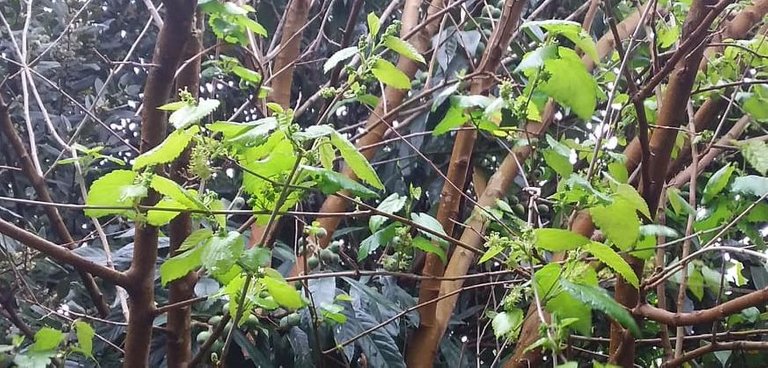I have a white mulberry tree full of flowers (morus alba), but don't really love the fruits. They taste like plain sugar. I keep that tree for the diversity, the leaves are edible and, well, I planted it from seed. I'm not going to just butcher it.
One thing that is great about these trees is how fast they grow. I had fruit the second year.

To make the story short, I found out that the flowers are also edible and mild tasting--a lil bit fresh, a dash of sweet, like a young lettuce more or less.
So I collected a good bunch of them, plus young leaves and some other greens from my garden and made the following recipe:
Ingredients:
2 cups of greens (flowers and leaves of mulberry tree, flowers and leaves of nasturtium, flowers and leaves of three-cornered Leek)
2 eggs
fleur to make a paste.
Preparation:
Make a paste and fry in batches in a pan with olive oil.
It's a nice side, or it could be part of breakfast or brunch.
Some science:
ref: pubmed.ncbi.nlm.nih.gov/26850343
Phytochemistry, pharmacology, and clinical trials of Morus alba
"With flavonoids as major constituents, mulberry leaves possess various biological activities, including antioxidant, antimicrobial, skin-whitening, cytotoxic, anti-diabetic, glucosidase inhibition, anti-hyperlipidemic, anti-atherosclerotic, anti-obesity, cardioprotective, and cognitive enhancement activities. Rich in anthocyanins and alkaloids, mulberry fruits have pharmacological properties, such as antioxidant, anti-diabetic, anti-atherosclerotic, anti-obesity, and hepatoprotective activities."
Image: I took it from my tree. Not too good for identification as is, sorry about that.
Note: I published this article originally in Noise.